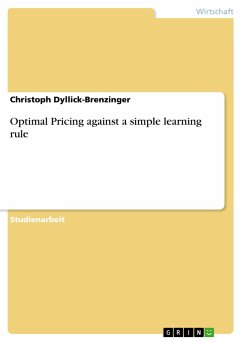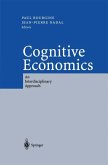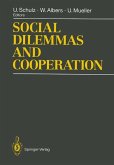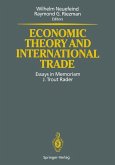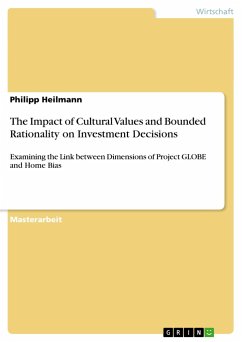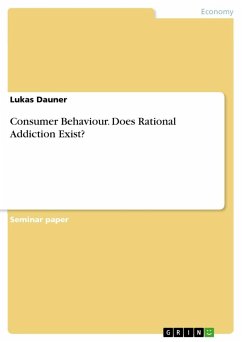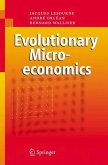Studienarbeit aus dem Jahr 2008 im Fachbereich VWL - Wettbewerbstheorie, Wettbewerbspolitik, Note: 2,0, Ruprecht-Karls-Universität Heidelberg, Veranstaltung: Seminar: Behavioral Industrial Organization, Sprache: Deutsch, Abstract: Research conducted and published by sociologists, psychologists aswell as experimental microeconomists has repeatedly highlighted that the common assumption of rational individuals in most of the existing literature of game theory is only a rough approximation to reality at best if not doubtful. With full rationality being a cornerstone, the discipline has found itself in a dilemma situation. As early as 1955, Simon had consequently created the term bounded rationality and called for modified model assumptions. However, his call has been largely unheard until 1996. Ernst-Ludwig von Thadden's paper "Optimal pricingagainst a simple learning rule" was one step on the way for more research focussing on the agents' lack of full rationality.This paper intendsto provide firstly a short summary of the development of game theory research with a clear focus on bounded rationality. Secondly, it presents the core assumptions and key take-aways of Ernst-Ludwig von Thadden's paper "Optimal Pricing against a simple learning rule".Ernst-Ludwig von Thadden prime assumption is a non-strategicstrategic buyer, in other words a buyer which updates his beliefs according to a simple learning rule. This non-strategic behaviour reflects Simon's call to assume a bounded rationality when modelling the agents' behaviour. Thadden's research shows - derived using a repeated buyer-seller relationship under asymmetric information - that the strategically acting seller can not benefit from this situation in terms of extract a supernormal price. On average, the seller extracts only the buyer's mean utility u.

